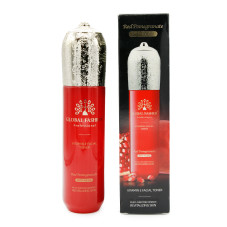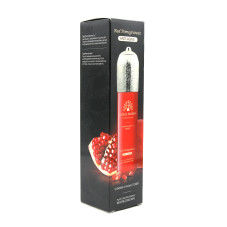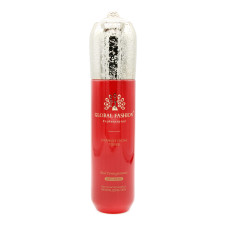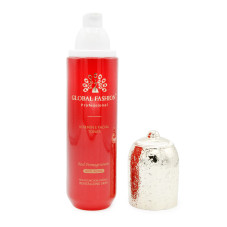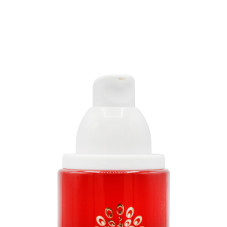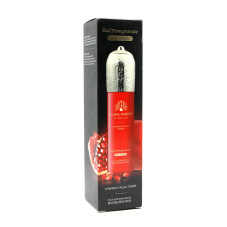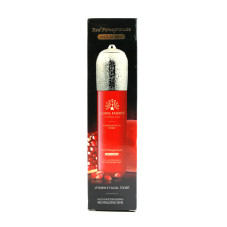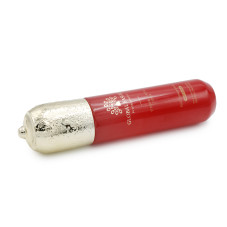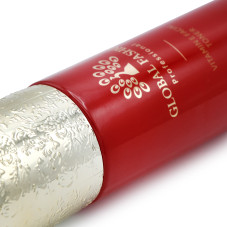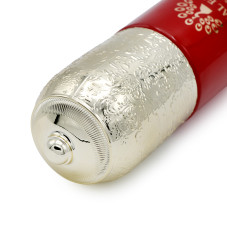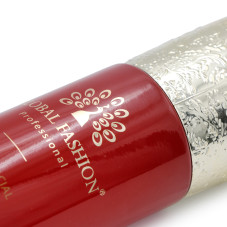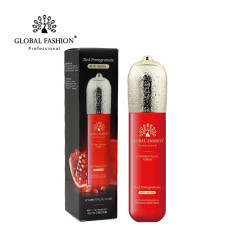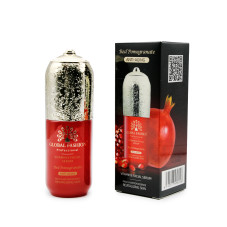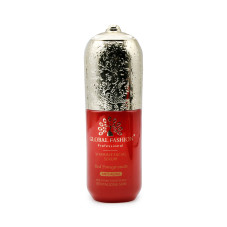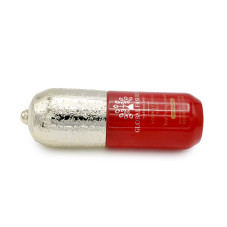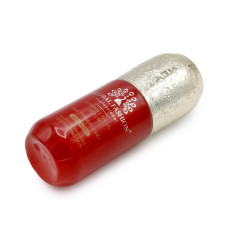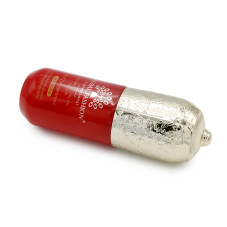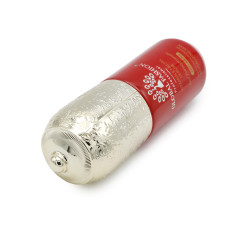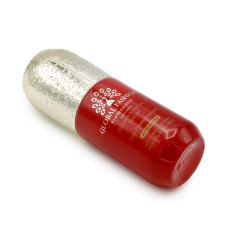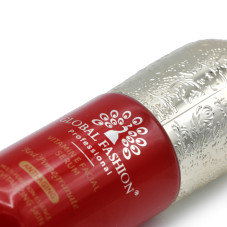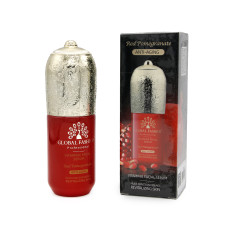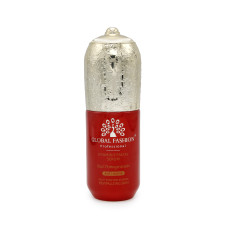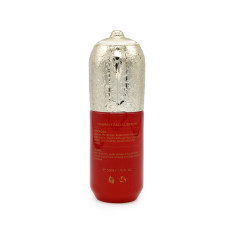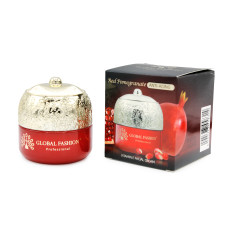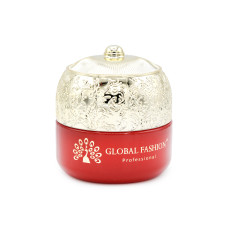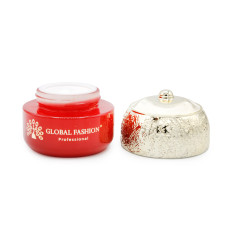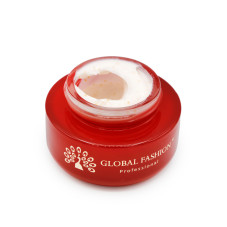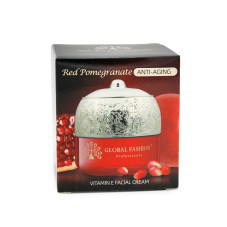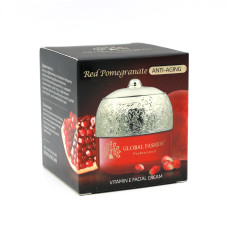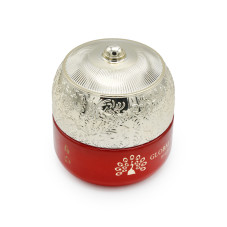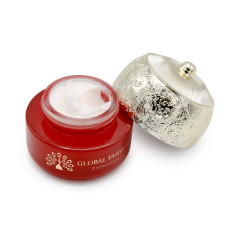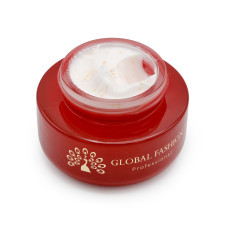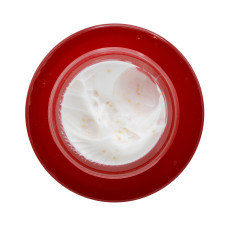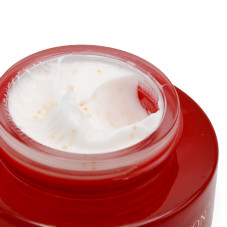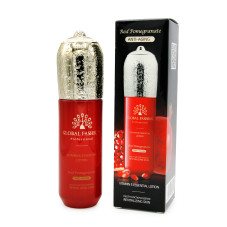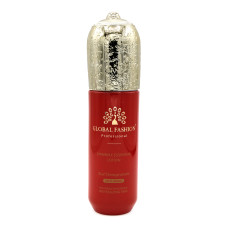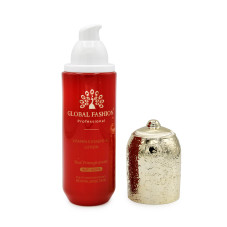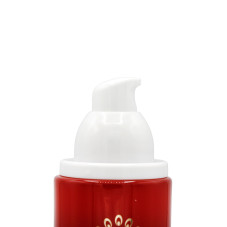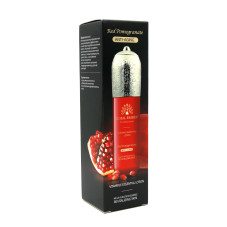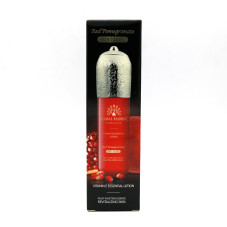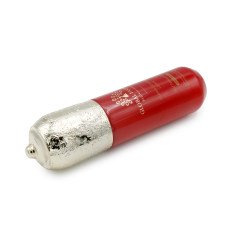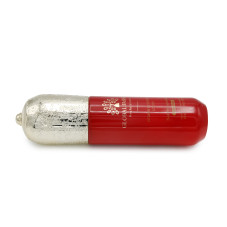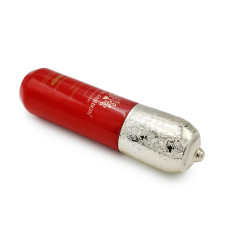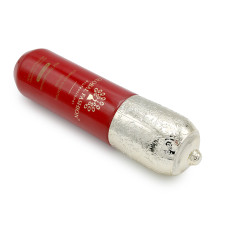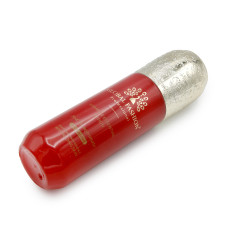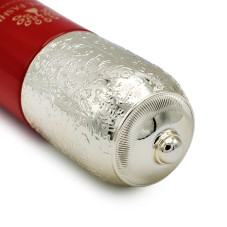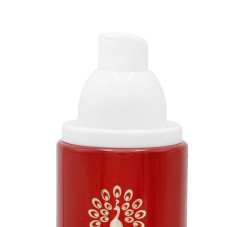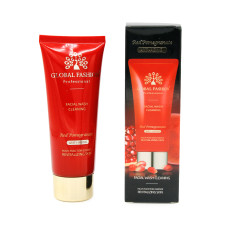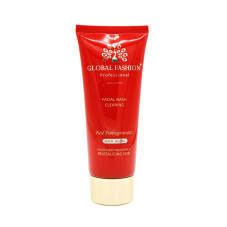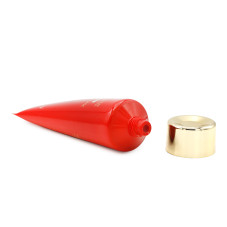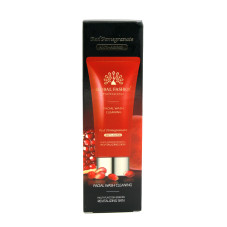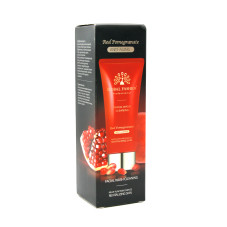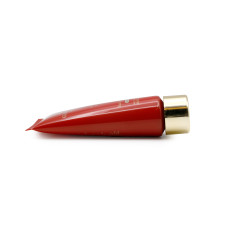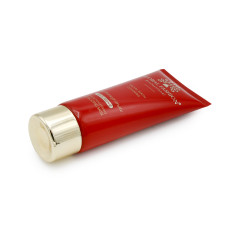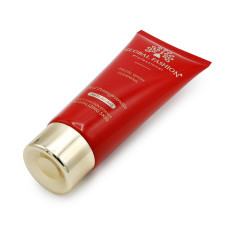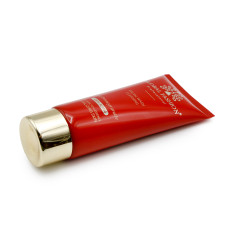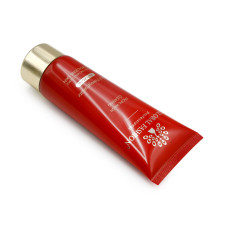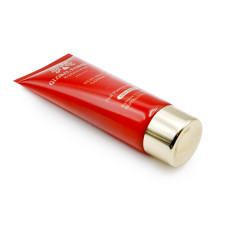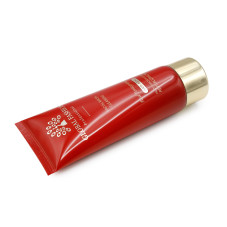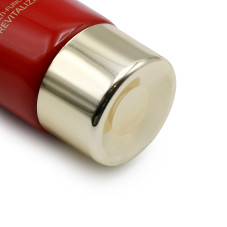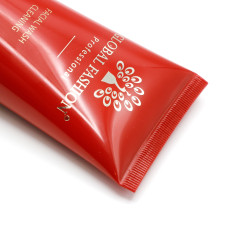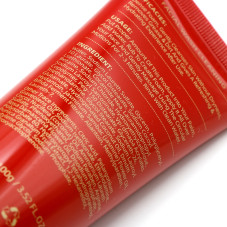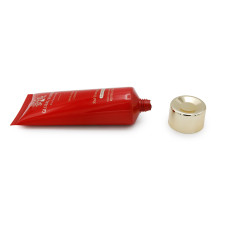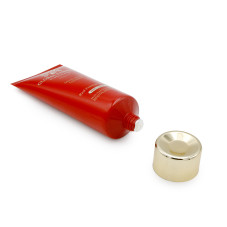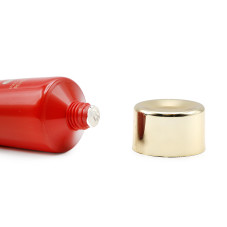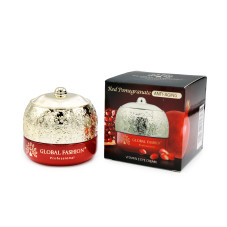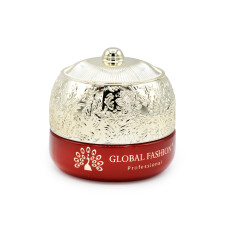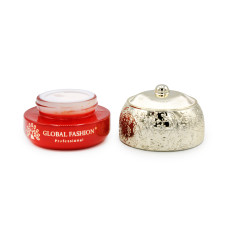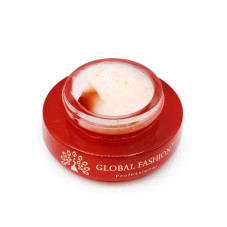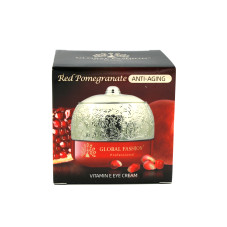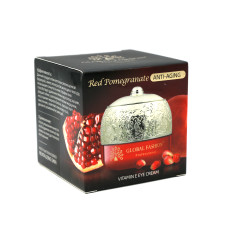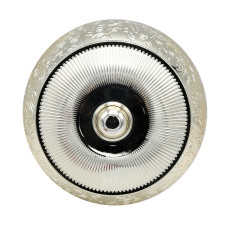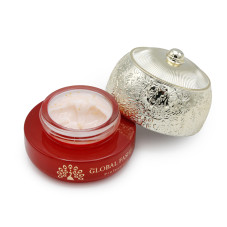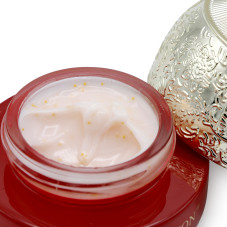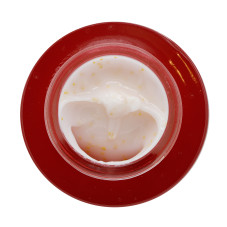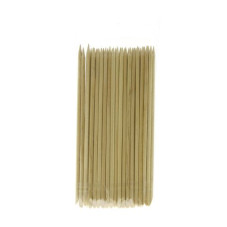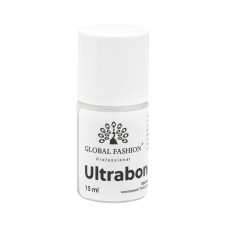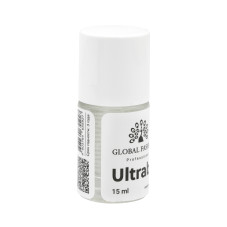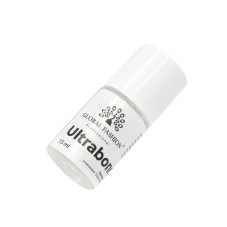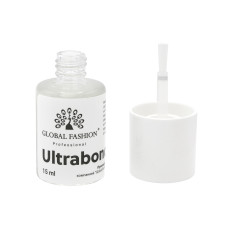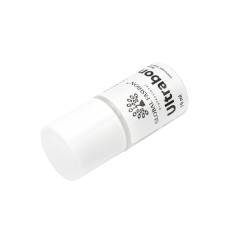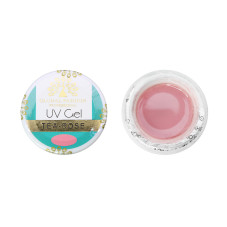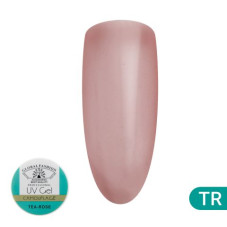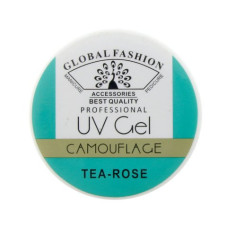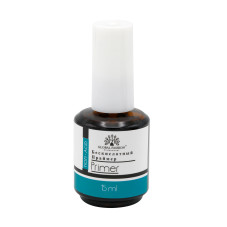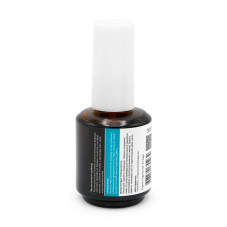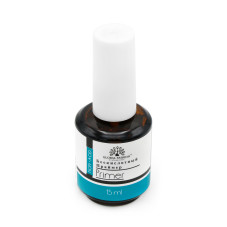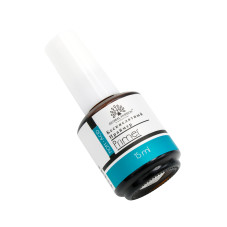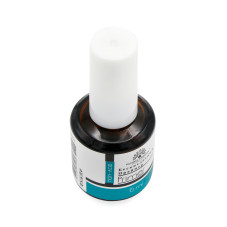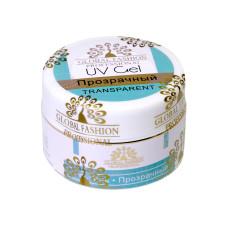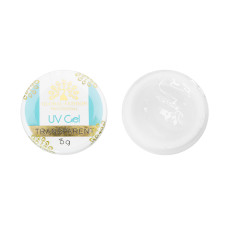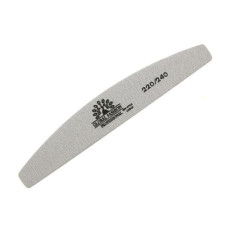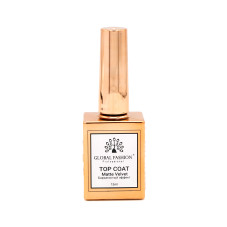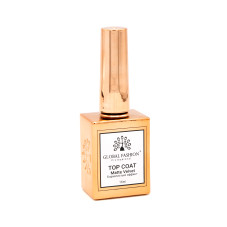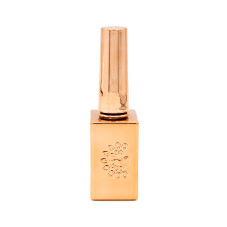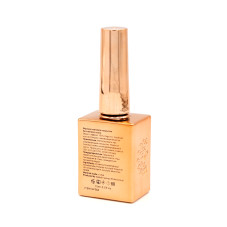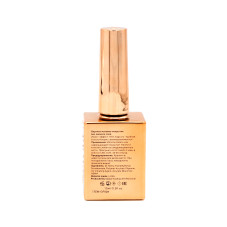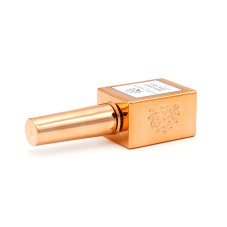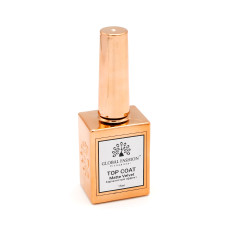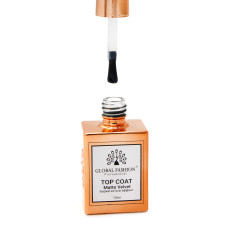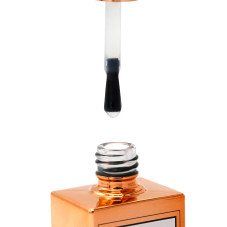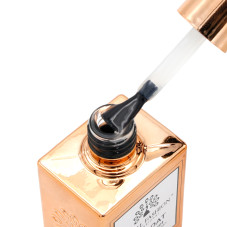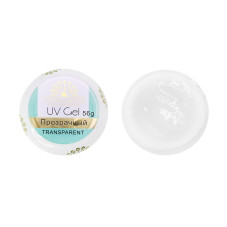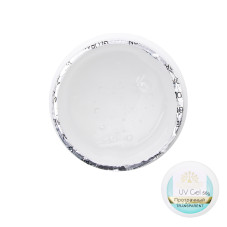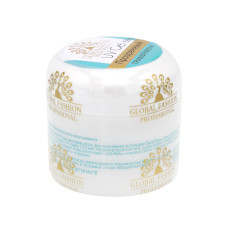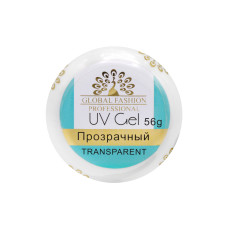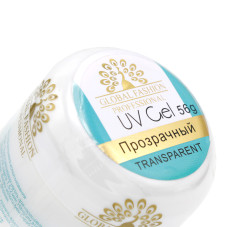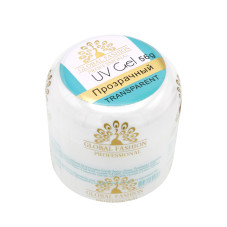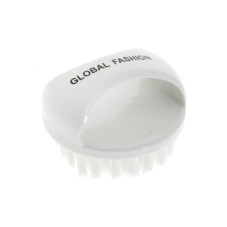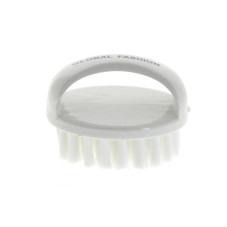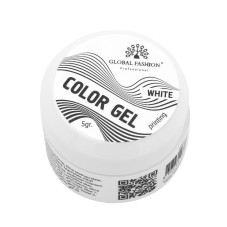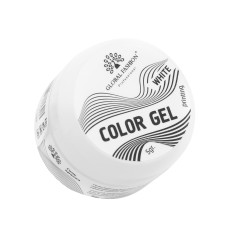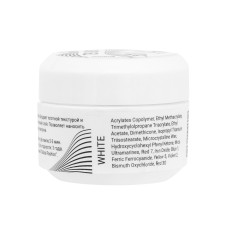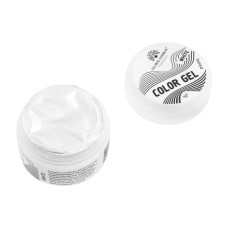12 Foods That Make Your Facial Skin Oily and What to Replace Them With

Glowing skin is trendy right now, but it’s important to understand that healthy radiance is not the same as oily shine. While oily skin itself is normal, excessive sebum production can lead not only to unwanted shine. Clogged pores, breakouts, and acne are often worsened by excess oil, and the root cause is usually the same. Like many other skin issues, overproduction of sebum starts from within. The skin directly reflects what you eat, and certain foods can stimulate increased oil production, triggering acne.
You may have tried countless serums with salicylic acid to combat acne. But if your diet includes foods that promote excess oiliness, skincare alone won’t be enough. In this article, you will learn which foods most often cause excessive sebum production and how to keep your skin matte and healthy.
1. Salt
We know, this isn’t the most pleasant way to start the list. But salt is indeed one of the main culprits affecting skin health. Excessive salt intake can cause dehydration, fluid retention, puffiness, and bags under the eyes. Moreover, it can lead to increased sebum production, as the skin tries to compensate for the loss of moisture.
How to replace it: Limit adding salt to your meals and choose low-sodium products—such as beans or light versions of ready-made soups.
2. Sugar
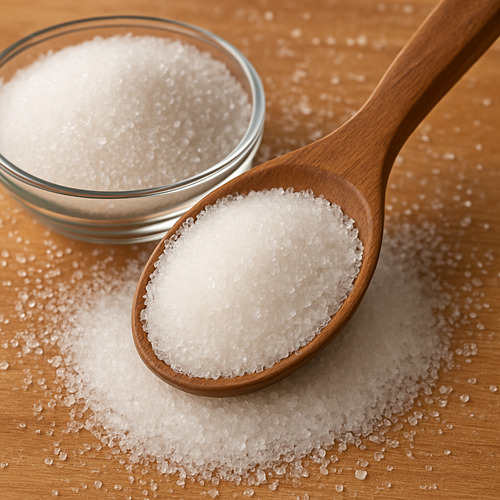
It’s easy to assume that if salt is harmful, sugar must be harmless. In fact, this is not the case: studies show that foods high in sugar increase the level of IGF-1 — a peptide hormone that stimulates growth but can also trigger excessive sebum production.
Substitute with: Instead of a sweet snack, choose something healthy and tasty, such as an apple or oat crackers with guacamole.
3. Red meat
Red meat can contribute to increased skin oiliness. Products like sausage, beef, lamb, and bacon contain high amounts of saturated fats, which can cause inflammatory processes in the skin. As a result, the skin starts producing more sebum, making it oilier.
Substitute with: Partially replacing red meat with poultry or fish helps reduce saturated fat intake and supports skin health.
4. Meat alternatives
Burgers are indeed tasty, but their benefits are often overrated: many meat substitutes contain processed soy by-products, which can contribute to increased sebum production. Additionally, some are high in saturated fats.
Substitute with: A legume-based patty — it’s just as tasty but a healthier and more natural alternative for your next burger.
5. Dairy products
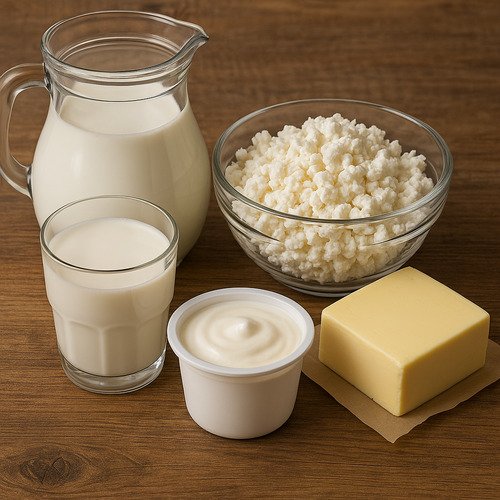
The harsh truth for all cheese lovers: dairy products can trigger breakouts on the skin. Since high-quality dairy also provides other health benefits, experts recommend first limiting refined carbohydrates, and only then reducing dairy intake. To accurately determine how dietary changes affect your skin, introduce exclusions gradually—one product at a time.
Substitute: Studies show that skim milk is more often linked to acne due to its effect on IGF-1, whereas whole milk may be a gentler option—especially if you’re not ready to give up your favorite pizza entirely.
6. Refined carbohydrates
Foods high in refined carbohydrates—such as white bread, pasta, and rice—can increase IGF-1 levels, which contributes to excess sebum production and skin problems.
Substitute: Choose whole grains, brown rice, or minimally processed cereals. An extra bonus—this switch helps reduce belly fat and supports overall health.
7. Fruit juices and dried fruits
Although fruit juices may seem like a safer alternative to alcoholic shots, they, like dried fruits, contain high concentrations of natural sugars found in whole fruits. As mentioned earlier, excessive sugar intake can negatively affect the skin, causing inflammation and increased sebum production.
Substitute: Prefer whole fruits—they provide natural sweetness in a safer concentration. Add a handful of nuts for protein and healthy fats that support skin health. For drinks, water is optimal, and if you want something more interesting, add freshly squeezed citrus juice or sparkling water.
8. Fried foods
It may seem obvious, but we’re here to confirm your concerns: the various fried foods at fairs are a real trap for your skin. The culprits are saturated and trans fats, which can trigger inflammation, causing your skin to produce more sebum in response.
What to replace them with: Avocado or olive oil is a better choice for frying if you want a treat, or use an air fryer to get a crispy texture with almost no harm.
Tip: Zinc plays an important role in maintaining the health of sebaceous glands, which regulate sebum production and help the skin stay naturally hydrated. Natural sources of zinc include seafood, yogurt, and oats. If necessary, consider taking supplements to ensure optimal intake of this micronutrient.
9. Peanut oil
This tasty product contains a large amount of fats, particularly omega‑6 fatty acids, which can provoke inflammation and skin breakouts. So those secret late-night spoonfuls from the jar are better left in the past!
What to replace it with: Nuts and seeds rich in omega‑3 fatty acids — they help calm inflammation and support healthy skin.
10. Alcohol
Alcohol has a natural diuretic effect, which can lead to skin dehydration. And dry skin often triggers increased sebum production.
Replacement: Opt for non-alcoholic beverages and make sure to maintain your water balance by drinking enough water before and after consuming alcohol.
Replacement: Opt for non-alcoholic beverages and make sure to maintain your water balance by drinking enough water before and after consuming alcohol.
11. Non-alcoholic beverages
There’s nothing more enjoyable than the first bubbles of soda. However, sweet drinks can raise IGF-1 levels — a peptide hormone whose excess activity stimulates sebum production.
Replacement: Choose diet sodas to reduce this effect, or if you just enjoy the fizz, try plain sparkling water.
Replacement: Choose diet sodas to reduce this effect, or if you just enjoy the fizz, try plain sparkling water.
12. Coffee
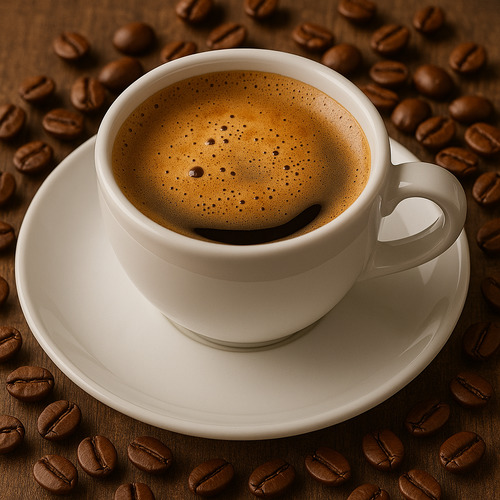
Unfortunately, an extra dose of caffeine can negatively affect your skin. That daily “boost of energy” or morning coffee stimulates the production of the stress hormone cortisol. And if you add sugar to your drink, the effect is even stronger. Sudden spikes in cortisol not only overload the nervous system but also contribute to increased sebum production.
What to try instead: Swap coffee for green tea. It contains a moderate amount of caffeine—enough to keep your energy up without putting excessive stress on your body or causing sharp cortisol spikes. Additionally, green tea has anti-inflammatory properties that help improve skin condition and reduce sebum production.
Healthy, glowing skin starts from within—through proper nutrition. Avoid harmful foods and care for your skin with quality cosmetics so the results delight you every day. At Global Fashion, you’ll find only proven and effective facial skincare products—let your skin look flawless!
6 bought
ID: 23831
163 MDL
-14%
3 bought
ID: 23832
112 MDL
-14%
17 bought
ID: 23833
163 MDL
-14%
2 bought
ID: 23834
138 MDL
-14%
7 bought
ID: 23836
120 MDL
-14%
Published: 04.11.2025 12:05
Times Read: 588
2604 bought
ID: 3650
69 MDL
-14%
725 bought
ID: 1832
69 MDL
-14%
1217 bought
ID: 2003
69 MDL
-14%
1326 bought
ID: 3658
112 MDL
-14%

